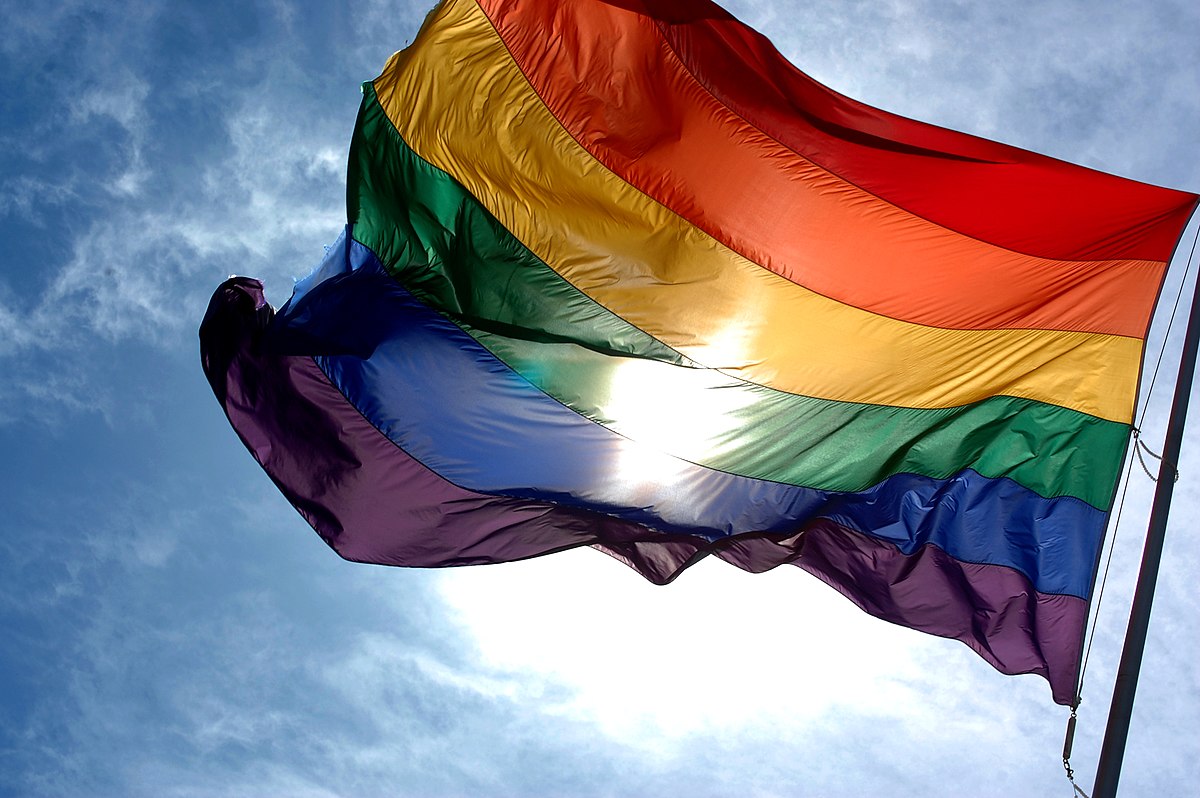 | ||
The "Gay Mafia", "Velvet Mafia", gay lobby, etc. are pejorative terms for the alleged disproportional behind-the-scene influence of gay rights groups and the LGBT community in politics, media, culture, and everyday life.
An early use of the term was when the English critic Kenneth Tynan proposed an article to Playboy editor A.C. Spectorsky in late 1967 on the "Homosexual Mafia" in the arts. Spectorsky declined, although he admitted that "culture hounds were paying homage to faggotismo as they have never done before". Playboy would run a panel on gay issues in April 1971.
The term "Velvet Mafia" was first used in an article in the "Top of the Pop" column in the entertainment section of the Sunday New York Daily News in the 1970s by journalist Steven Gaines to describe the executives at the Robert Stigwood Organization, a British film and record company. The phrase was later used by the same writer in a roman à clef about Studio 54 called The Club in reference to the influential gay crowd that became the club's habitués. This "mafia" included Calvin Klein, Truman Capote, Halston, and Andy Warhol. The term was tongue-in-cheek, describing a powerful social clique, not some truly devious alliance ruling either an industry or politics.
"Gay Mafia" was widely used in the media in the 1980s and 1990s, and could be seen in the pages of the New York Post. The term was also used by the British newspaper The Sun in 1998 in response to what it claimed was an over-representation of gay people in the Labour Party Cabinet.
Gradually, velvet came to be replaced with gay. The term may have gained wider social prominence after it was used in a 1995 Spy article and a 2002 Vanity Fair article, wherein Michael Ovitz, in an interview, stated that a "gay mafia" was largely responsible for his company's failures.
More recently, comedian and TV host Bill Maher claimed (albeit without evidence): "I think there is a gay mafia. I think if you cross them, you do get whacked. I really do."
The Lavender Mafia has also been used to refer to an informal network of gay executives in the entertainment industry.
Lavender Mafia has also been used to refer to a supposed faction within the leadership and clergy of the Roman Catholic Church that allegedly advocates the acceptance of homosexuality within the Church and its culture. In 2013 Pope Francis claimed there was a "gay lobby" within the Vatican in remarks during a meeting held in private with some of the Catholic religious from Latin America, and he was said to have promised to see what could be done to address the issue. In July 2013, he responded directly to journalists' questions. He notably drew a distinction between the problem of lobbying and the sexual orientation of people: "If a person is gay and seeks God and has good will, who am I to judge?" "The problem", he said, "is not having this orientation. We must be brothers. The problem is lobbying by this orientation, or lobbies of greedy people, political lobbies, Masonic lobbies, so many lobbies. This is the worse problem."
